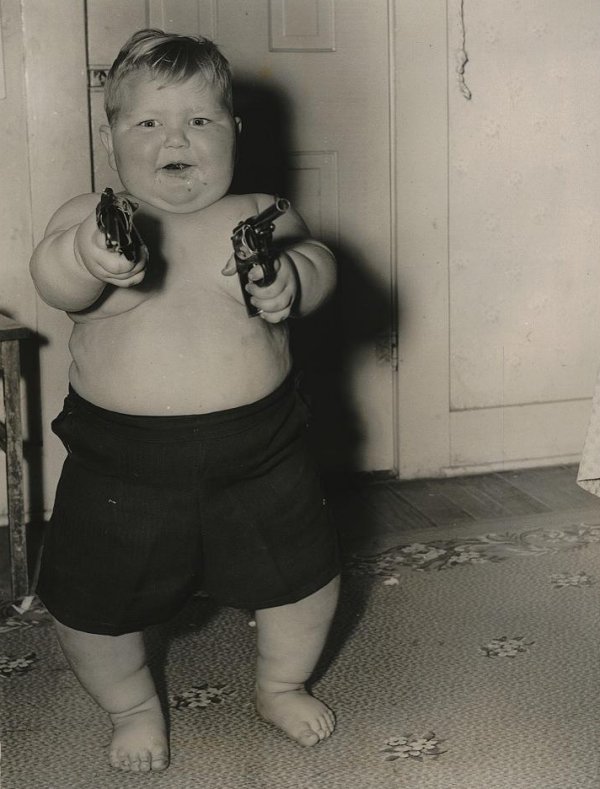A thing that worries me about Americans right now–and people all around the world, really–is the surfeit of ego, how dearly people need to be respected or else, how little work we’ve done on ourselves internally that we can’t be happy from within about who we are. If you need mass approval, you need too much. The Internet has opened up the media to all, which is wonderful and egalitarian, but it simultaneously opened a Pandora’s box. Not to say that the new platforms are responsible for any type of shocking violence, but there exists beneath it a scary undercurrent; a tool can be a weapon depending on how you swing it. In yet another great Aeon essay, “Running Amok,” Joseph Pierre considers the trigger effect behind mass shootings in the U.S., which he believes are provoked by more than mental illness or guns or video games. The opening:
A movie theatre in Aurora, Colorado. Sandy Hook Elementary School in Connecticut. The Washington Navy Yard. The college town of Isla Vista, California. Most of us recognise these as US sites of recent mass murder, loosely defined as the intentional killing of more than four people in a single incident. Unlike the casualties of war or gang-related murders carried out in inner cities, these acts of domestic terrorism strike a particular brand of fear in the hearts of Americans because they seem to be random acts committed in places where such behaviour is unexpected.
Naturally, we respond by trying to pinpoint the cause: bad parenting, mental illness, guns, video games, the media, heavy metal music, or just plain evil. Once some ‘other’ is identified as an offending agent, we set up a kind of quarantine so that it can be banished from society and no longer threaten. Hoping to allay fears and respond to emotionally charged demands for action, politicians jump on this or that bandwagon with proposals for legislation aimed at sequestering and eliminating would-be culprits. Then we go about our lives, until the next mass shooting occurs and the cycle is repeated.
In the short term, this process makes us feel safer than looking inward and thinking: ‘There but for the grace of God go I.’ But what if the reality is that the underlying cause of mass murder lies not in something external to ourselves, but rather something at the root of human instinct and behaviour that’s also interwoven into American popular culture? This possibility suggests that, rather than trying to get rid of some offending external agent, a more meaningful approach might require looking within ourselves and our own communities for a solution.
In support of this idea, James Fox and Monica DeLateur, criminologists at Northeastern University, published a paper last year in Homicide Studies that dispels some myths about mass shootings and calls into question our tendency to blame things outside of ourselves. To begin with, the authors note that ‘mass shootings have not increased in number or death toll, at least not over the past several decades’. They then go on to demythologise a number of common assumptions about mass shootings. Contrary to popular opinion after the Columbine High School massacre in 1999, in which two schoolboys murdered 12 fellow students and a teacher, violent entertainment doesn’t seem to be a significant cause of mass murder. In terms of interventions, neither tighter gun control nor arming our schools are likely to reduce mass shootings. Even expanded efforts at profiling would-be mass murderers or enhancing mental health services might be futile. Needless to say, these conclusions aren’t very encouraging and the authors end by suggesting that we ought to continue ineffective responses in any case because ‘doing something is better than nothing’.•
Tags: Joseph Pierre

